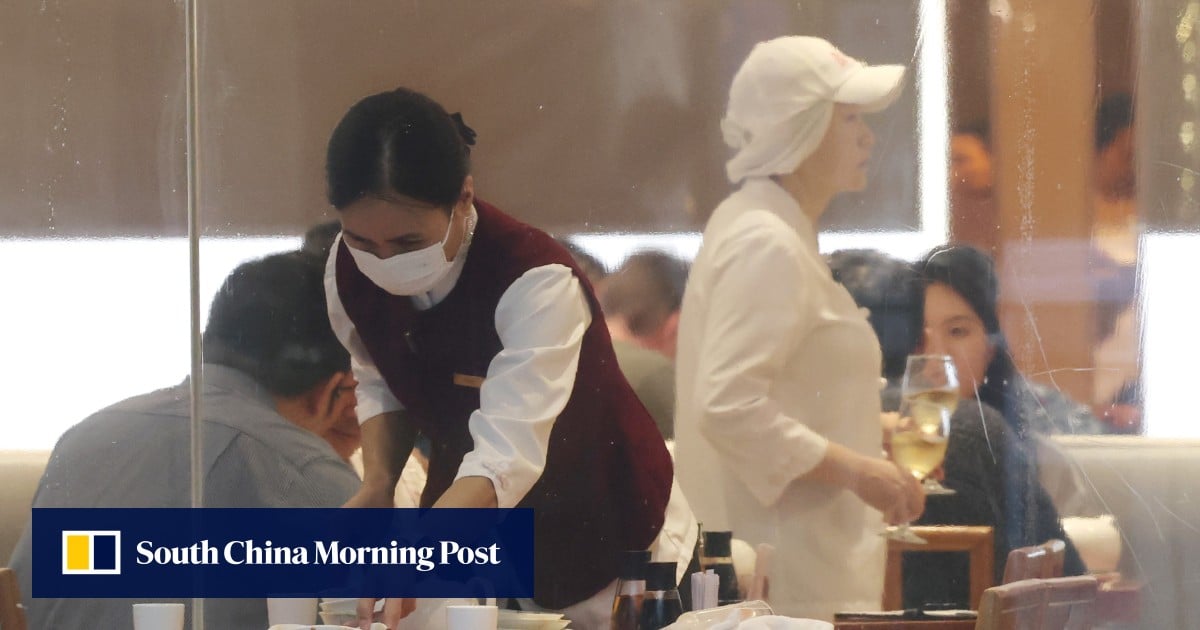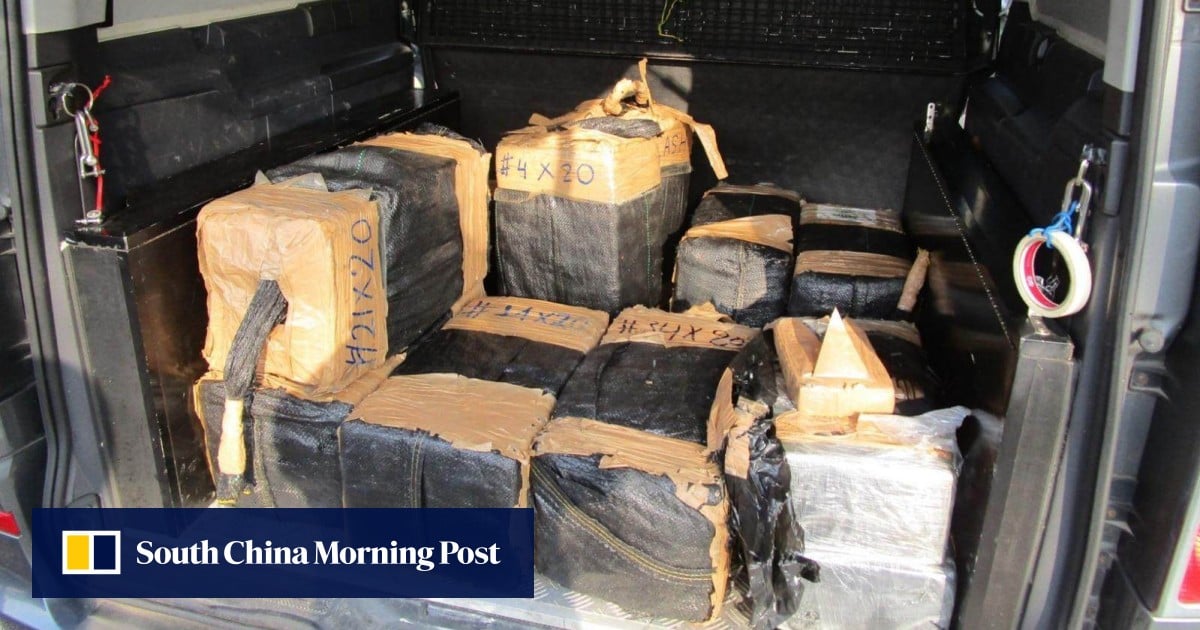Restaurant industry leaders have defended Hong Kong’s labour importation scheme as a crucial “lifeline” for their struggling sector, arguing that it injects much-needed new blood and improves service standards rather than taking jobs from local workers.
They also dismissed accusations that operators were using the scheme to hire cheap labour, insisting the total cost of employing an imported worker, including accommodation and medical expenses, was higher than for a local employee.
Their backing on Wednesday followed a wave of restaurant closures and concern over rising unemployment in the catering industry, which has been hit hard by a shift in consumer habits and a persistent manpower crunch since the pandemic.
“If we had been able to import labour sooner, I believe the recent wave of closures could have been avoided,” legislator Tommy Cheung Yu-yan, who represents the catering sector, said at a briefing.
He argued that sufficient manpower was key to improving service and food quality, which had fallen behind competitors in the Greater Bay Area.
The city’s supplementary labour scheme was expanded last year to cover 26 roles, including waiters and junior chefs, in a bid to ease chronic staff shortages.


